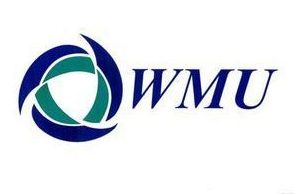
News
WMU sheds light on recycling suspension
Last week, Winchester Municipal Utilities announced it suspended its recycling program in light of Lexington’s recent decision to ... Read more

Last week, Winchester Municipal Utilities announced it suspended its recycling program in light of Lexington’s recent decision to ... Read more